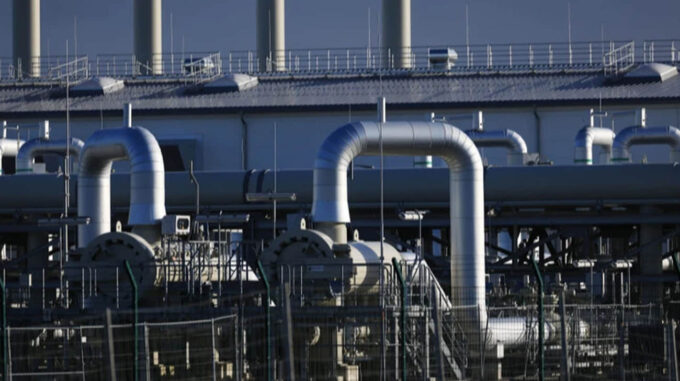The European Commission is shaping the future of the EU’s energy sovereignty: a phased plan to cease imports of Russian gas and oil by 2027 has been proposed

On Tuesday, the European Commission took an important step toward strengthening the region's energy independence by officially presenting a comprehensive legislative initiative to completely halt the import of Russian gas and oil. This document responds to the ongoing Kremlin aggression and Europe's goal to reduce its energy dependence on the aggressor country, which has held the European Union in energy blackmail. According to the European Commission's press service, the proposed regulation entails a gradual and strategic transition away from Russian energy resources toward alternative sources of supply. The plan includes a phased reduction not only of pipeline gas and liquefied natural gas (LNG) imports but also of Russian oil. Under the proposal, new contracts for importing gas from Russia will be prohibited from January 1, 2026. Meanwhile, in the short term — by June 17, 2026 — imports under current contracts with Russian suppliers are to be concluded, except for cases based on long-term agreements via pipelines to intra-European countries. These long-term contracts will remain in force until the end of 2027. Additionally, a ban on new long-term contracts for the use of LNG terminals for clients controlled by Russia or its companies is proposed. This step aims to eliminate possible circumvention schemes and reduce dependence on Russian energy influence. The European Commission calls on member states not only to adhere to this timetable but also to develop specific diversification plans for their energy supplies. These plans should include detailed steps and measures, as well as ensure flexibility to respond to market fluctuations. The authors of the initiative believe that the current EU infrastructure allows for this transition to be carried out without significant disruptions to supply and while maintaining energy security. The legislative proposal results from close cooperation between the European Parliament and the Council of the European Union, which must agree on the document through the usual legislative process. To adopt it, a qualified majority of votes in the Council is required. European Commission President Ursula von der Leyen emphasized: “Russia has repeatedly used energy blackmail, wielding gas and oil as tools of political influence. Now, we are making a conscious choice — to completely cut off this channel and put an end to the era of Russian fossil fuels in Europe.” Important discussions regarding this strategic course took place the day before during the EU Energy Council meeting held in Luxembourg. However, not all member states supported this ambitious initiative. In particular, Slovakia and Hungary faced difficulties in accepting upcoming steps toward gradually phasing out Russian energy imports. They expressed separate concerns and hinted at the need to preserve flexibility in the measures that could radically change the region’s energy landscape. Europe’s readiness to undertake radical reforms in the energy sector is a strong call for the gradual development of a new energy strategy based on diversification and self-sufficiency. Implementing this course has the potential to significantly reduce dependence on Russia and to strengthen the region’s security and stability in the long term.

